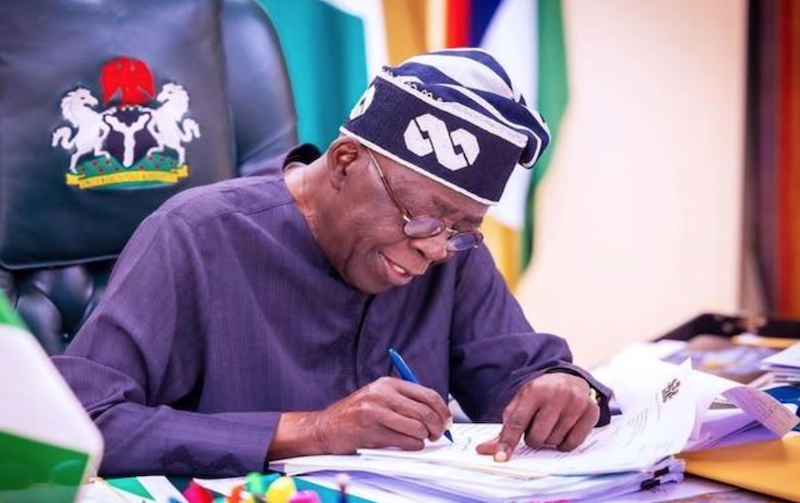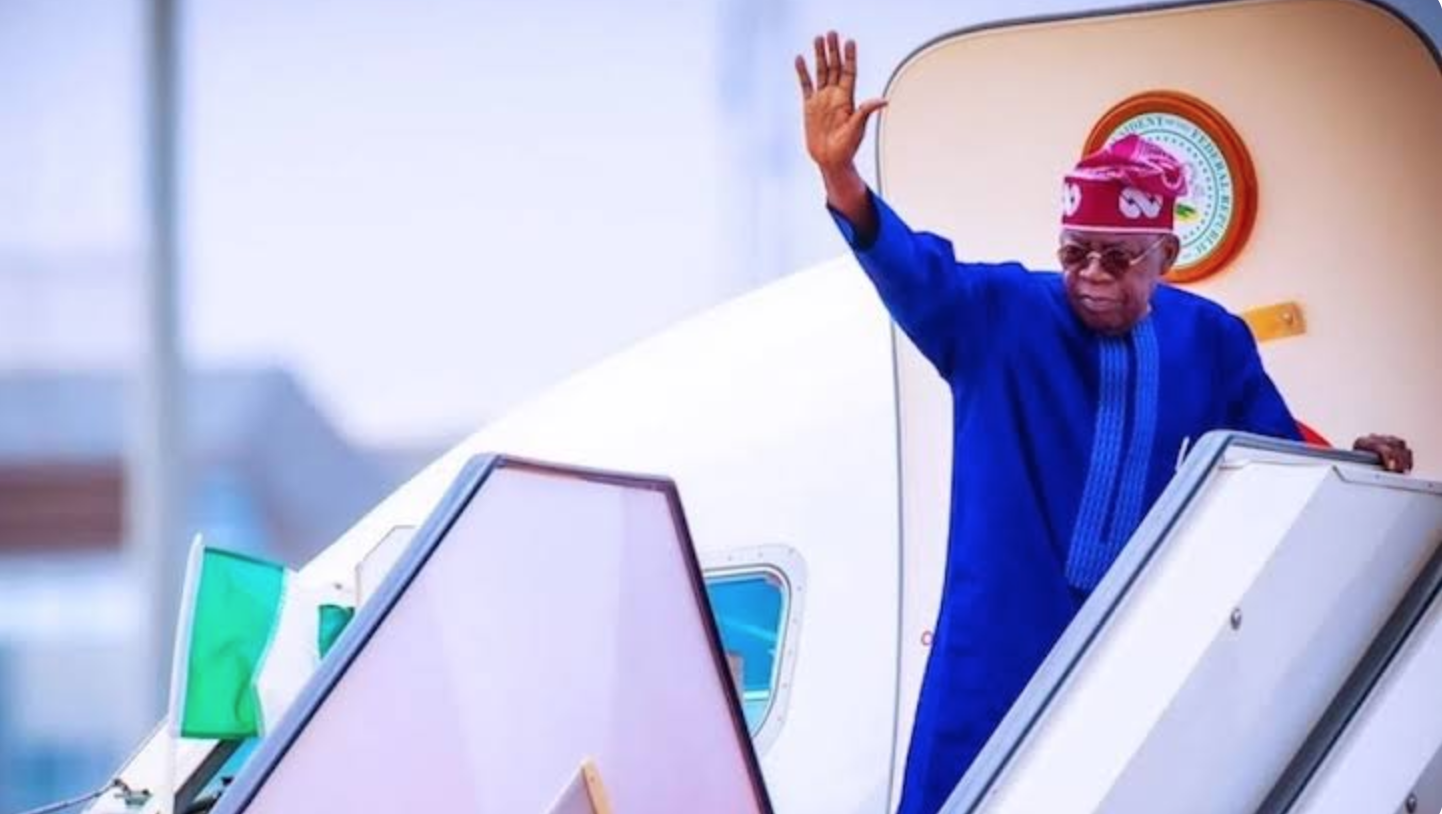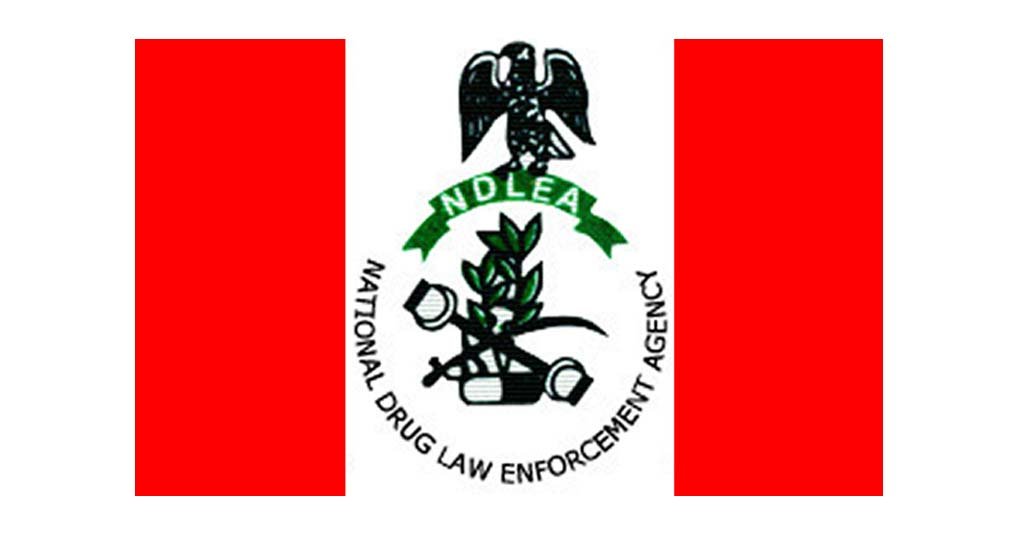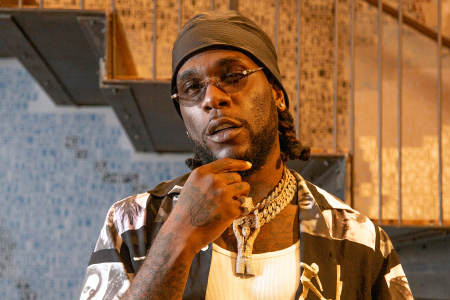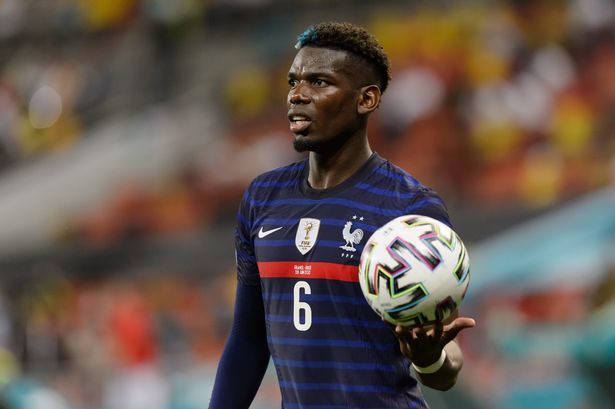The French establishment is, again, sowing the seeds of violence in Africa. As it is traditional with France, it will water such seeds, nurture them until they are ripe for harvest.
In its latest genetically-modified violence-seed planting, France in May, 2025 set aside 150 million Euro through its French Development Agency to plant violence in Western Sahara. The fund is to enable the parochial-minded Moroccan Monarchy to recolonise its neighbour.
The French mission is simple. It is aware that Western Sahara, otherwise known as the Saharawi Arab Democratic Republic, SADR, which has been a member of the OAU/AU since February 22, 1982, will resist the Moroccan re-colonisation moves. Then war will break out and France will sell arms and maintain Moroccan loyalty while also generously stealing the resources of Western Sahara, including its phosphate and fisheries. That way, the French establishment which, for centuries, is not used to an honest living, would continue its parasitic nature: living off the resources and sweat of underdeveloped countries.
It was primarily for this reason it engaged in the slave trade and became one of the bloodiest and most remorseless colonialists in world history.
The 1825 Independence Tax France imposed on Haiti, for daring to end slavery and become independent, led to the underdevelopment of that country. It also resulted in it becoming a failed state 200 years later.
Africa suffered severely as a result of France’s duplicitous role in the Second World War. In that war, led by its First World War hero, Marshall Henri Philippe Petain, France first fought on the side of Hitler-Germany from 1940-1944. When Germany began to lose that war, the anti-German wing led by Charles De Gaulle, swung France fully to the side of the allies. While fighting on both sides of World War II, France used Africans in its colonies as canon fodders.
Criminally, after the war, France carried out massacres of African soldiers that had fought in its ranks against Hitler. On December 1, 1944, Black African soldiers who fought in the French West Africa army, were massacred at the Thiaroye Barracks, Dakar. The men had been part of the about 120,000 Africans captured by Germany in the 1940 Battle of France. Eighty per cent were from North Africa, and the rest from West Africa. They had been held as prisoners of war, POWs, by Germany which in May and June, 1940, summarily executed between 1,000 and 1,500 of these Black prisoners.
On their release four years later, and return to Africa, they complained that their demobilisation benefits, statutory advance payments and savings made during their incarceration, remained unpaid, and that the living conditions in the barracks were very poor.
Declassified documents were to reveal that even before the African war veterans left France, the French authorities, claiming falsely that Hitler gave the African POWs special treatment to spite it, had decided to eliminate them. When therefore these veterans protested in Dakar, the French military moved in with deadly weapons and shot 300 – 400 of them dead. However, the French military officially claimed that it killed only 70, while agreeing that hundreds were injured.
It was not until the eve of the 80th Commemoration of that massacre in 2024, did France under President Emmanuel Macron acknowledge the massacre. It should be noted that France made the acknowledgement in the face of demands by the new principled Senegalese government of Bassirou Diomaye Faye, and the loss of French power in West Africa following the expulsion of its military in countries like Burkina Faso, Niger and Mali.
France, in 1945, carried out similar massacres in Setif and Guema in Algeria. The African soldiers who had returned from fighting in the French military led protests for independence. This was violently suppressed and the Algerians reacted in violent confrontations that led to the death of some French settlers.
France reacted by sending well-armed troops into the streets of Algeria. As France simply massacred the Algerians, keeping no known records, the extent of the killings are unknown but are estimated at between 5,000 – 45,000 Algerians. This turned out to be a tiny figure as in the subsequent Algerian struggle for independence, France massacred some two million Algerians.
After WW II, France developed the type of atomic bombs the United States had used to wipe out most of Hiroshima and Nagasaki. Given its knowledge that these were highly radioactive bombs, France decided not to test the bombs in its territory or any part or Europe, but in Africa!
The Evil Empire from February 13, 1960 tested at least four atmospheric atomic bombs in the Algerian desert. When Africans led by Ghanaian President Kwame Nkrumah protested against this wilful destruction of Africa, France was forced to stop the atmospheric tests, but went on to conduct 13 additional underground nuclear bomb tests in Africa devastating parts of North, Central and West Africa.
The radioactive effects caused mass blindness, leukaemia, cancers of the liver, skin and stomach, and also birth defects. In the immediate territories around the test sites, 27,000 – 60,000 Algerians were affected. As at 2023, radioactive dusts emanating from the test sites were still being detected across West Africa.
On October 2, 1958, France, confident of its vile grip on its colonies in West Africa, conducted a referendum asking them to choose either complete independence or partial independence within a so-called French Community. France was so livid that Guinea voted for full independence, that it decided to physically wreck the country before leaving. These included uprooting sewage and water pipes, roads, immediate withdrawal of all French professionals, including medical personnel, unscrewing light bulbs and destroying life-saving medicines.
However, on the long run, it was a better deal for Guinea because even after independence, France continued to rule the subservient ‘Francophone’ countries. This included forcing them, until a few years ago, to deposit their earnings in the French Central Bank from which it scooped $500 billion annually. Until now, 14 West and Central African countries still spend the French Franc which even France had stopped using in 2002 when it adopted the Euro.
France also has the infamous distinction of executing the first military coup in West Africa with the January 13, 1963 overthrow of Prime Minister Gilchrist Olympio of Togo. The latter was executed at the gates of the US Embassy in Lome by French gendarmes led by Sergeant Etienne Eyadema.
In August 2023, France almost succeeded in luring the Economic Community of West African States, ECOWAS, to invade Niger Republic following the July 26, 2023 coup in that country. This directly led to the split of ECOWAS.
Does this sound like demonising France? No. Africans say you cannot claim not to be a thief if you are always in possession of stolen goods.


